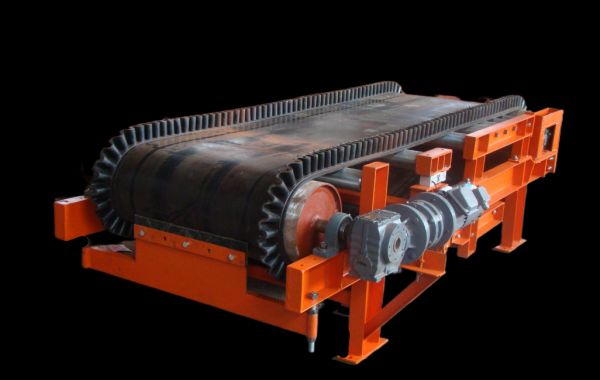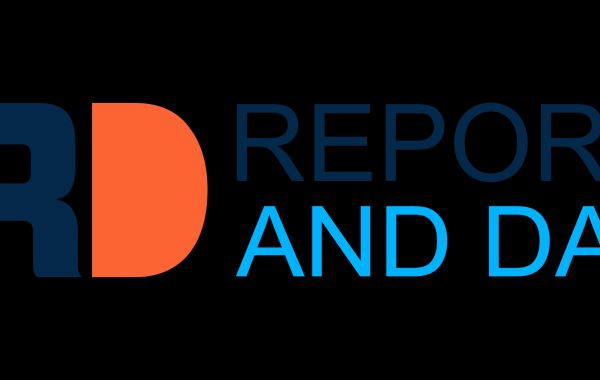Belt scales play a vital role in various industries by continuously measuring the weight of material carried on conveyor belts. Here's a detailed breakdown of their key applications:
Inventory Management and Control
- Accurate Measurement: Belt scales provide real-time data on the weight of material being transported. This allows businesses to precisely track inventory levels of raw materials, in-process goods, and finished products.
- Stock Level Visibility:With this data, companies can maintain optimal stock levels, preventing stockouts or excessive inventory holding costs. They can also identify discrepancies between theoretical and actual inventory to detect potential theft or spillage.
- Material Balancing:In production processes, belt scales help ensure accurate material blending ratios by measuring the weight of different components being fed onto the conveyor.
Production Monitoring and Optimization
- Production Rate Tracking:Belt scales continuously monitor the flow rate of materials, allowing businesses to track production output and identify any bottlenecks or inefficiencies in the process.
- Process Control:This data can be used to adjust feeder rates, optimize equipment operation, and ensure consistent production volume.
- Quality Control:In some applications, belt scales can be integrated with control systems to automatically adjust processes based on weight data. For instance, they can be used to ensure a specific weight of ingredients in a recipe for consistent product quality.
Cost Control and Billing
- Accurate Billing:In industries like mining, quarrying, or recycling, belt scales enable accurate billing based on the weight of materials transported. This ensures fair transactions between suppliers and customers.
- Material Loss Prevention:By monitoring weight data throughout the production process, companies can identify any unexpected weight discrepancies. This can help detect potential issues like material theft, spillage, or inefficiencies that lead to wasted resources.
- Cost Optimization:By analyzing weight data, businesses can identify areas for cost reduction. For instance, they can optimize feeder settings to minimize material waste or spillage.
Additional Applications
- Environmental Monitoring:In waste management facilities, belt scales can be used to track the weight of incoming waste streams, ensuring proper waste disposal fees are collected.
- Food Processing:They can be used to ensure accurate ingredient proportions and maintain consistent product quality in food production lines.
- Chemical Processing:In the chemical industry, belt scales help monitor the weight of various materials used in reactions, ensuring process safety and product consistency.
In conclusion, belt scales are versatile tools that offer significant benefits across numerous industries. They provide real-time data for accurate inventory management, production monitoring, cost control, and various other applications, ultimately contributing to improved efficiency, profitability, and quality control.








